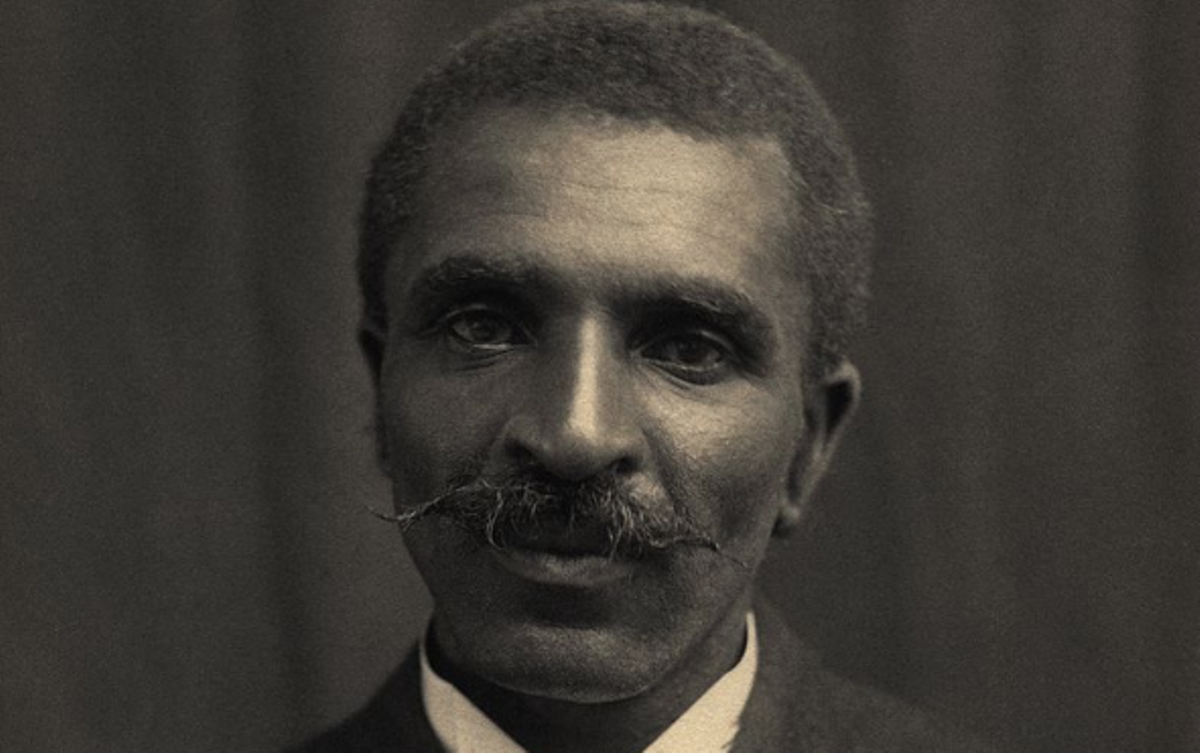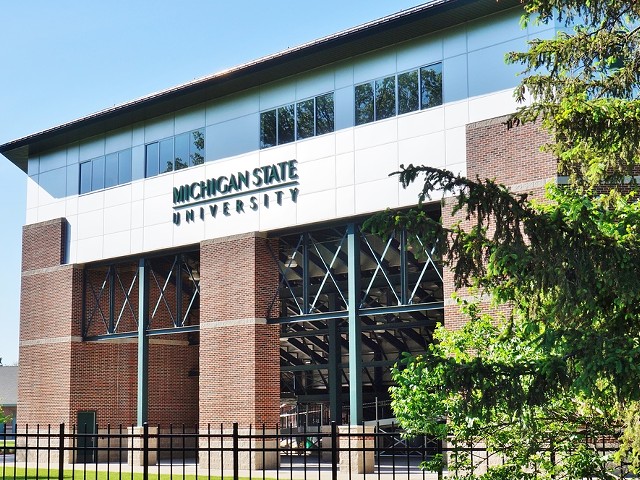Why do we need Black History Month? Why do we need a special time designated to trot out stories about Harriet Tubman and George Washington Carver?
This is why: I saw a video a few months back in which British journalist Gary Younge interviewed American white supremacist Richard Spencer. It was part of a British TV program called Angry, White and American that aired last year. Younge is of African descent, and Spencer seemed surprised when he first met the Brit. Spencer said, "You're the journalist?" when they first met as though a black man could not — or should not — be a journalist. Or maybe he was just surprised that he was going to speak to a black man.
The exchange between them was a classic bit of Spencer revealing little real knowledge about black history other than racist propaganda. Spencer argued that the United States was built by white people. When Younge pointed out that it was built by enslaved Africans, Spencer replied, "We made them do it."
Younge then pointed out that the slaves were not paid. Spencer seemed to think that was just fine.
There were other gems spouted by Spencer.
"Africans have benefited from their experience with white supremacy, and we just have to look at the life of the average African American in the United States," said Spencer. "It's far better than any African living in Africa."
Hmm ... "any" African?
A bit later in the exchange, Spencer said, "If Africans had never existed, world history would be almost exactly the same as it is today because we are the genius that drives it."
And thus we see why it's important to have a time to focus on black history. Because people like Spencer tell lies and use those lies to aggrandize themselves and denigrate others. They don't understand that most of the historical information we consume has mostly ignored, denied, or misappropriated responsibility for achievements by Africans.
There were several great empires in Africa, including Mali, where a great university system in Timbuktu taught medicine and surgery, astronomy, mathematics, physics, chemistry, philosophy, language, and linguistics, geography, history, and more in the 13th Century.
That's why we need Black History Month. Obscuring the achievements of others in order to aggrandize yourself is big in the Western world.
Take Spencer's fallback position on building the White House: "We made them do it." I guess the great genius in all that is that Europeans have the capacity to demean, terrorize, and brutalize others until they do what you want.
But let's be fair about the White House. According to the White House Historical Association, workers were hard to come by for the fledgling government. "Response to recruitment was dismal and soon they turned to African Americans — both enslaved and free — to provide the bulk of labor that built the White House, the United States Capitol, and other early government buildings."
OK, so some of them got paid, and records show that the masters of the enslaved got paid for sending their workers over. But research has shown that at least two-thirds of the workers were enslaved. So about one-third of them were free blacks, immigrants from Ireland, Scotland and elsewhere, and some white guys from the newly endowed United States. So yeah, slaves did build the White House for no compensation.
However, as usually happens in history served up for popular consumption, one assumes there were no black people involved because mostly the storytellers have been white. Even so, the information is there for those willing to dig deep enough.
One man who's done the digging is Dr. Clarence Lusane, author of The Black History of the White House. (Lusane will be at the Wright Museum of African American History for a discussion and book signing at 6 p.m. on Thursday. Feb. 8.)
Lusane, chair of the Political Science Department at Howard University, is part of the Black History Month programming at the Wright. It's always about black history there, but when February comes around, it seems more crucial.
As it happens, there seem to be a lot of birthday celebrations this month. On Saturday, Feb. 10, Ras Kente and the Take No Prisoners Posse will mark the late Bob Marley's 73rd birthday with a concert. The 200th birthday of Frederick Douglass will be marked with the program "If There Is No Struggle, There Is No Progress," highlighting the famous agitator's activism. Later this year, the Wright will observe centennial birthdays for Nelson Mandela, Coleman Young, and Dr. Charles Wright. Young and Wright are most responsible for the fact that a gem like the Wright Museum was founded in the first place.
Last year was branded the Year of Rebellion by the Wright in reference to the 50th anniversary of the 1967 rebellion. This year is branded "The Year of Reparations," says Charles Ferrell, vice president at the museum. "We're looking at the root meaning of reparations, to repair what's broken."
To that end, programming has expanded into examining economic compensation, health disparities, education, and the healing aspects of meditation, yoga, and music. It goes as far as a Feb. 28 program on "How to expunge a criminal record."
It's all a part of encountering the world with positive influence.
To my eye, it's also about engaging the local community with programs they can relate to. That can mean relating to pop culture too. So while the Liberation Film Series that Ferrell founded focuses on tough themes, the museum can still find room to sponsor a screening of the new Disney superhero movie Black Panther. Or if you must dance, there are hustle classes at the Wright every Sunday.
At its best, the Wright is a conduit to better expose the positive influences that members of the African Diaspora have had in the world.
And black people at our best have profoundly influenced the world. That can go for inventing the traffic signal (Garrett Morgan) to advancing the cause of freedom (Martin Luther King Jr.).
Here's a real tale of African influence on the world stage: Mansa Musa, ruler of Mali around 1300, had wealth estimated to be around $400 billion in today's currency. That makes him the richest man ever. Musa, a devout Muslim who did not outlaw other religions, made a 1324-25 pilgrimage to Mecca from West Africa. He supported a procession of 60,000 people that included 12,000 slaves (yes, we must cop to that). There were 80 camels that each carried up to 300 pounds of gold dust.
Musa gave alms to the poor, built mosques, and met with national leaders along the way. In fact, he was so generous in handing out gold on his route that it caused a gold devaluation that upset the economies of Cairo, Medina, and Mecca for a decade.
So this is one for the Spencers out there who think world history is confined to Western Europe and the United States. By the way, I've seen numerous family crests of Europeans that include black people. You just have to look a little past the surface.
We're black, we're here, and we have profoundly influenced history.
Have you ever heard of a guy named Hannibal who crossed the Alps with some elephants?







